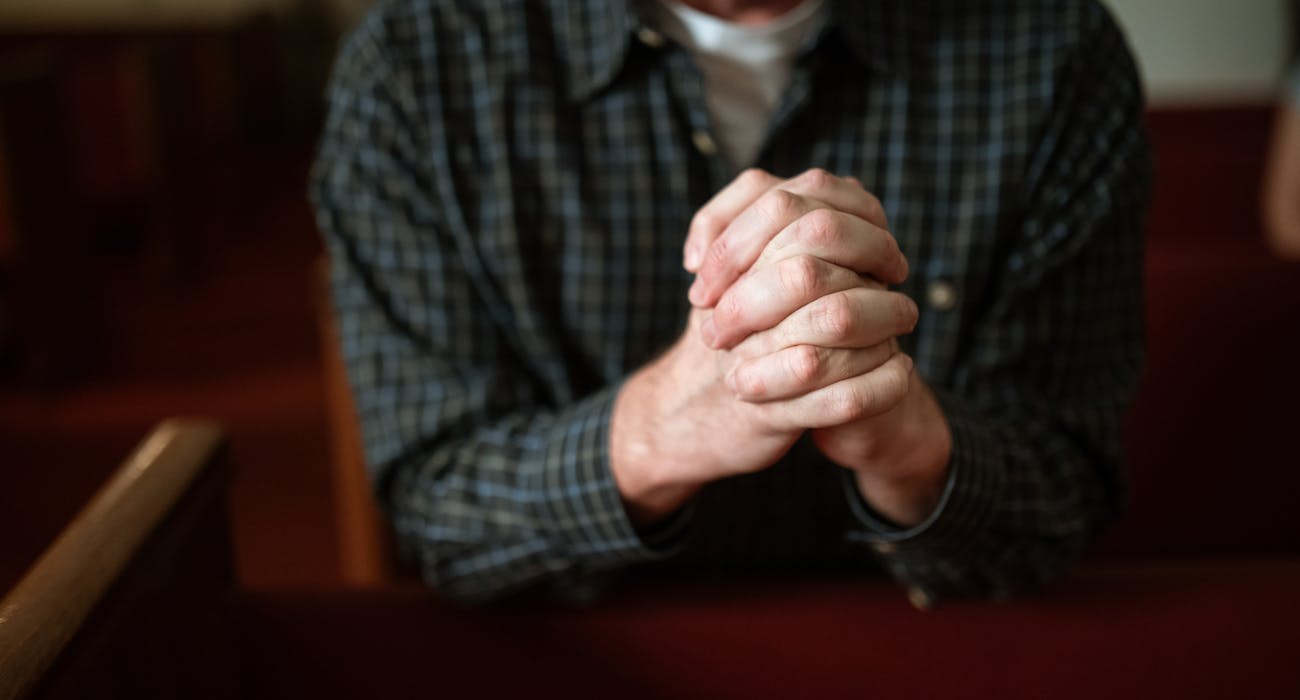Starting a journey to comprehend the realities of persecution for Christians is like starting to piece together a tapestry made of prejudice, resilience, and steadfast faith. The experiences of persecuted Christians are determined by a complex interaction of political, social, and cultural variables within the melting pot of varied global landscapes. By removing the layers, this investigation aims to illuminate this complicated reality and highlight the many difficulties that Christian communities confront around the globe.
Covert Discrimination: Unseen Struggles in Daily Life
When it comes to the persecution of Christians, subtle bigotry is a sneaky power that permeates everyday existence. In certain locations, Christians have to deal with covert prejudices and unconscious biases that seep into the workplace, educational institutions, and social structures. Even though it is covert, the prejudice fosters an environment in which Christians might feel alone, ostracized, or burdened by the weight of unsaid prejudices. It is essential to have a deep understanding of the many ways that cultural norms affect how Christians are treated to comprehend the complexities of covert discrimination.
Systemic Challenges: Unveiling Legal Complexities
The reality of Christian persecution reveals the complexity that molds the experiences of persecuted Christians and reaches into the domain of systemic issues within legal venues. Christians struggle in certain areas with insufficient legal protections, which exposes them to legislation that discriminates against them, red tape, or unequal application of rights. Legal structures that face systemic difficulties expose Christians to injustice and unfairness. Analyzing these legal nuances sheds light on the systemic problems that affect the lives of Christians who are persecuted. It emphasizes how important it is to have strong legal safeguards that preserve religious liberties and guarantee that Christians have equal access to the judicial system.
Digital Persecution: Navigating Threats in Virtual Spaces
The internet era has brought up a new component in the terrain of Christian persecution, which is referred to as "digital persecution." Christians can experience targeted assaults, internet abuse, and censorship because they believe in today's linked world. Once a means of communication, the digital sphere is now a battlefield where Christians must negotiate challenges to their freedom of religion. Recognizing the changing strategies used by state and non-state actors to stifle Christian voices in virtual environments is essential to understanding digital persecution. As the digital sphere rapidly forms narratives and impacts public conversation on questions of religion, these concerns must be addressed as soon as possible.
Faith in the Face of Violence: Enduring Commitment
The persistent faith of Christians in the face of violence is a painful truth in the arena of Christian persecution. In certain areas, Christians face threats to their safety, assaults on their houses of worship, and even martyrdom because of their beliefs. These communities' tenacity in the face of extreme adversity is a testament to their strong adherence to their religious beliefs. Recognizing the bravery and tenacity of persecuted Christians—who find strength in their convictions even in the face of the most severe types of persecution—is essential to comprehending the junction of religion and violence. It highlights the significance of appreciating the resilient spirit of those who experience violence because of their Christian identity and throws light on the human side of this complicated problem.
Cultural Preservation: Navigating Identity Amidst Adversity
In many areas, attempts to maintain cultural identity in the face of hardship are entwined with the reality of persecution of Christians. In addition to protecting their religion, Christians can have to strike a careful balance between maintaining distinctive cultural customs that are connected to their religious beliefs. The experience of persecution is made more difficult by this cultural component, which arises when Christians try to remain unique in the face of outside pressure. Comprehending the dynamic relationship between cultural conservation and persecution illuminates the complex issues that Christian communities confront, which leads to many examples of Christian persecution today. They walk a road that crosses both the protection of their cultural heritage and persecution because of their beliefs, demonstrating a tenacity that goes beyond the immediate dangers they confront.
Conclusion
Discovering the complex truth of Christian persecution reveals a mosaic of resiliency, prejudice, and unshakable faith. This understanding is a call to action, not a passive acceptance, asking you to help create a society in which everyone can exercise their right to freedom of religion. By raising awareness, fighting for human rights, and supporting religious freedom, you contribute to the global effort to lessen the difficulties that Christian communities confront.
